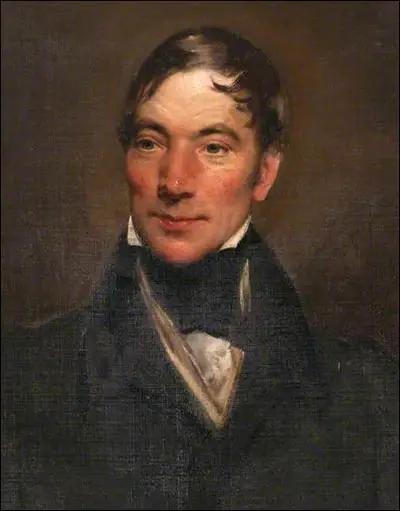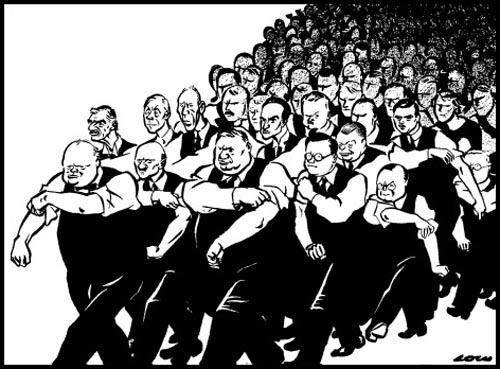On this day on 20th August
On this day in Thomas Wooler criticises the work of Robert Owen.
The principal justification of Mr Owen's pretensions are that he has succeeded in changing, as he calls it, the moral habits of the persons under his employment in a manufactory at Lanark, in Scotland. For all the good he has done in that respect, he deserves the highest thanks. It is much to be wished, that all who live by the labour of the poor would pay as much attention to their wants and to their interests as Mr Owen did to those under his care at Lanark.
But it is very amusing to hear Mr Owen talk of re-moralizing the poor. Does he not think that the rich are a little more in want of re-moralizing; and particularly that class of them that has contributed to demoralize the poor, if they are demoralized, by supporting measures which have made them poor, and which now continue them poor and wretched?
Talk of the poor being demoralized! It is their would-be masters that create all the evils that afflict the poor, and all the depravity that pretended philanthropists pretend to regret.
In one point of view Mr Owen's scheme might be productive of some good. Let him abandon the labourer to his own protection; cease to oppress him, and the poor man would scorn to hold any fictitious dependence upon the rich. Give him a fair price for his labour, and do not take two-thirds of a depreciated remuneration back from him again in the shape of taxes. Lower the extravagance of the great. Tax those real luxuries, enormous fortunes obtained without merit. Reduce the herd of locusts that prey upon the honey of the hive, and think they do the bees a most essential service by robbing them. The working bee can always find a hive. Do not take from them what they can earn, to supply the wants of those who will earn nothing. Do this; and the poor will not want your splendid erections for the cultivation of misery and the subjugation of the mind.

On this day in 1940 Winston Churchill makes a speech on the Battle of Britain. Churchill spoke of how the gratitude "of every home in our island, in our Empire, and indeed throughout the world, except in the abodes of the guilty, goes out to the British airmen who, undaunted by odds, unwearied in their constant challenge and mortal danger, are turning the tide of war by their prowess and by their devotion". He then went on to say, of these airmen: "Never in the field of human conflict was so much owed by so many to so few."

Clement Attlee, Ernest Bevin, Herbert Morrison, Leo Amery, Neville Chamberlain,
Arthur Greenwood, Lord Halifax, Duff Cooper and Anthony Eden.

